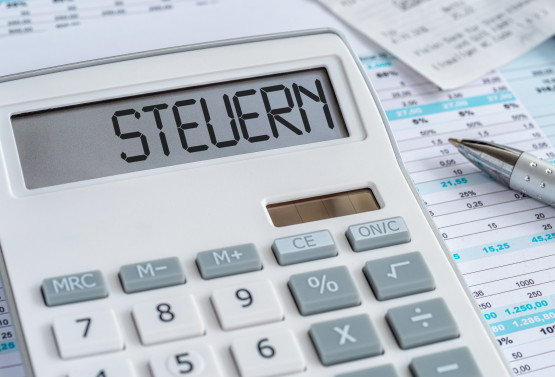Avoiding taxes with leaseholds
In Switzerland, land transactions are sometimes very highly taxed, depending on the canton and the type of transaction, and may even be subject to double taxation. This makes a sale unattractive. The solution: a leasehold.
Avoiding taxes with leaseholds
In Switzerland, land transactions are sometimes very highly taxed, depending on the canton and the type of transaction, and may even be subject to double taxation. This makes a sale unattractive. The solution: a leasehold.
An important issue to consider when selling land is the tax burden. Approaches and calculation methods vary from canton to canton. For instance, if land is held as a business asset (as is often the case with farmers) and must first be transferred to private ownership, this can lead to high double taxation. The tax burden from selling an inherited property is also often quite high and, depending on the canton, also applies to short holding periods. In the canton of Basel-Stadt, for instance, the property capital gains tax is 60% if the holding period is less than three years.
A reliable remedy: a leasehold
Opting for a leasehold is a reliable remedy. A very instructive source (in German) is the ‘Merkblatt des kantonalen Steueramtes über die steuerliche Behandlung von Nutzniessungen, Wohnrechten, Dienstbarkeiten, Grundlasten und vorgemerkten persönlichen Rechten’ (Zurich, 1 August 2017, direct download link).
The ground rent still constitutes taxable income, though, and is used as a basis for calculating the taxes owed. However, the land – with its corresponding land value that is taxed in the event of a sale based on its purchasing price – remains the property of the landowner and is not subject to direct taxation when the leasehold contract is concluded. Accordingly, as a rule, no real estate property capital gains tax is to be paid due to the lack of a calculation basis. The owner of the leasehold is solely liable for the payment of taxes on the income from the ground rent.
However, in those cantons that have a property transfer tax, it should be noted that the basis for this liability is the amount of accrued rent. Calculation: the amount of the ground rent multiplied by the percentage rate of the transfer tax.
A sample calculation
A ground rent of CHF 120,000 times 20 years* = CHF 2,400,000 × 1.5%** = CHF 36,000 property transfer tax
(* For the sake of illustration, this is based on a hypothetical capitalisation basis adopted by the tax authorities)
(** As a hypothetical property transfer tax rate)
If you want to find out more ...
... about the tax burden when concluding a leasehold on a plot of land:
Please do not hesitate to make an appointment with us to discuss your situation with our experts – all with no obligation on your part. However, you should always discuss tax issues with your fiduciary advisor. It is incumbent upon the relevant tax authorities to determine the amount of taxes owed, and this must always be clarified with them.

